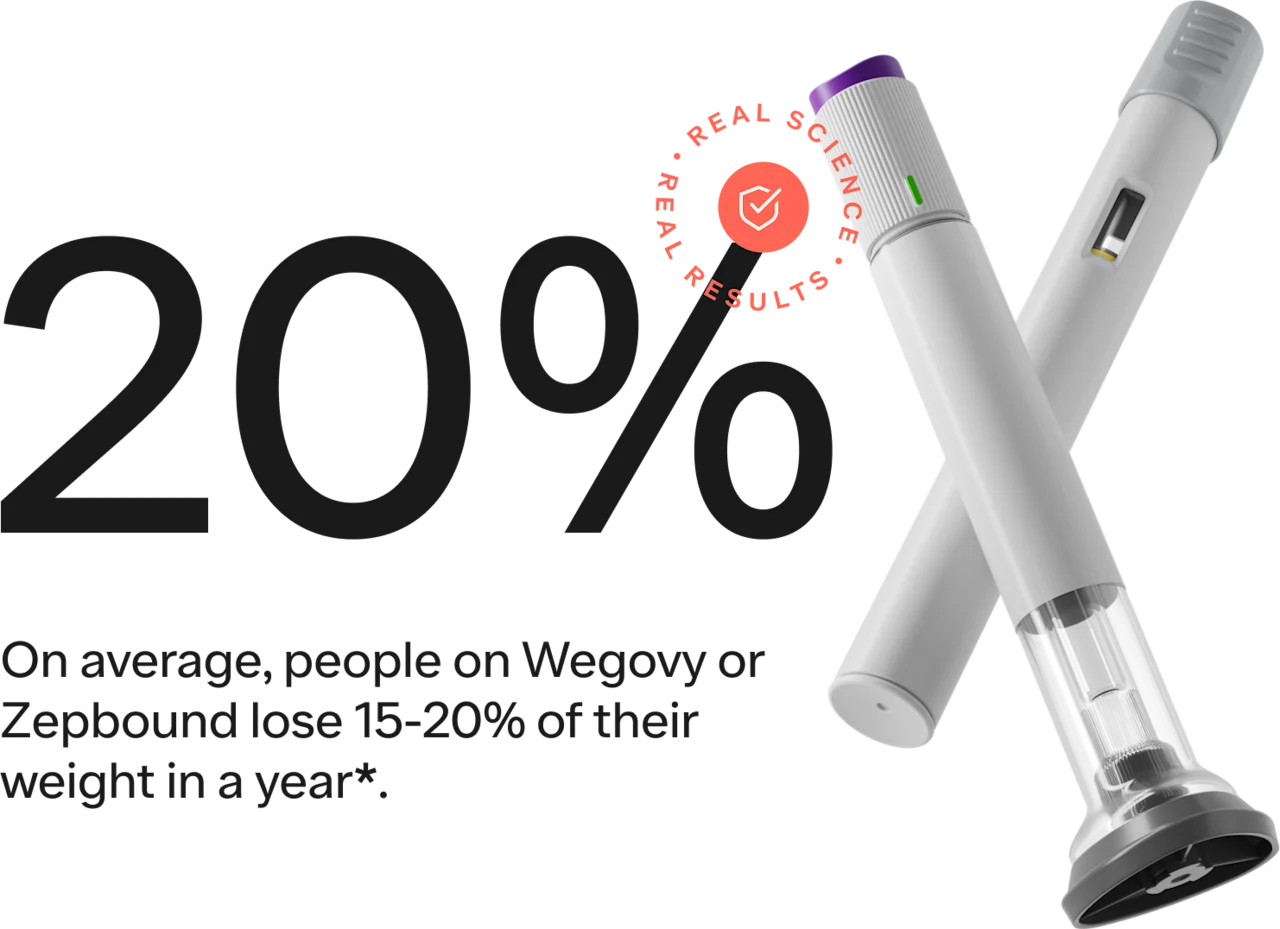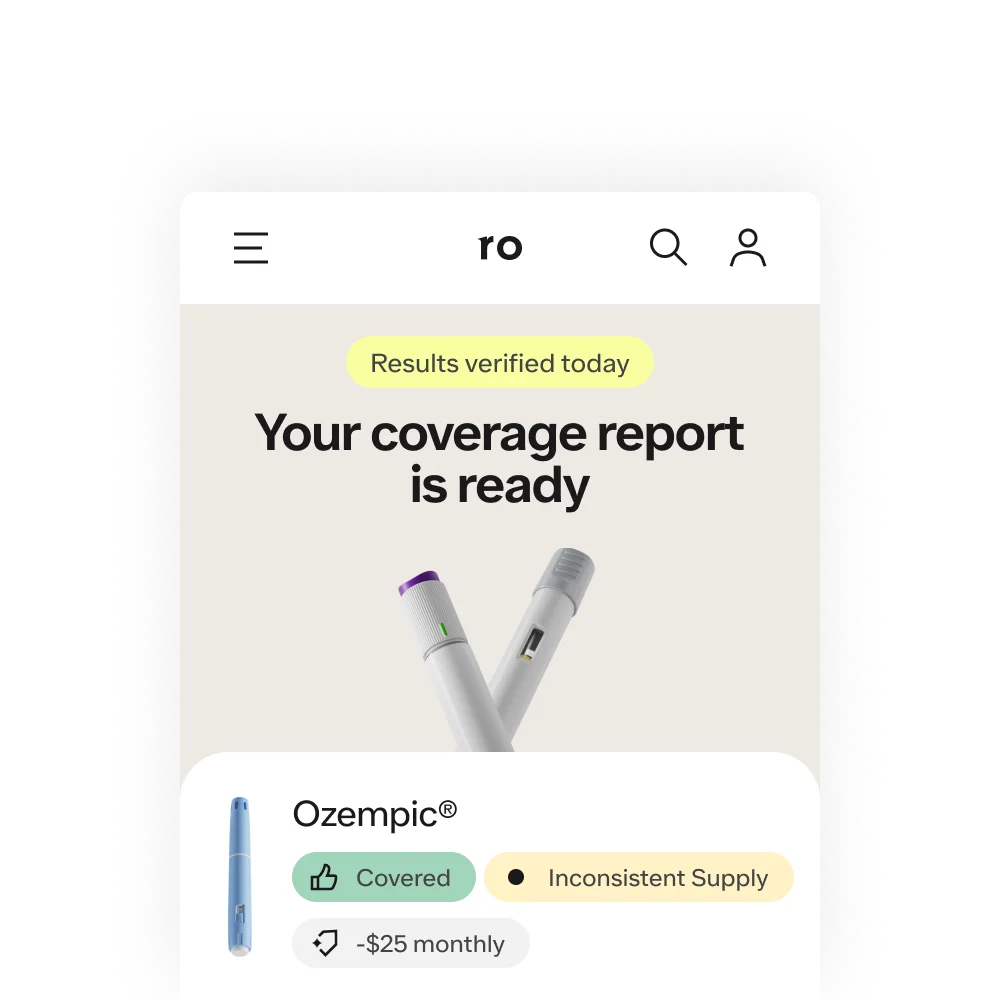Is Ro Safe For Weight Loss

The promise of effortless weight loss, delivered directly to your door, is undeniably appealing. Ro, a telehealth company offering personalized medication and support for various conditions, including weight management, has rapidly gained popularity. But behind the sleek marketing and celebrity endorsements lies a crucial question: Is Ro safe and effective for weight loss, and who is it truly suitable for?
This article delves into the intricacies of Ro's weight loss program, examining the medications prescribed, the potential risks and benefits, and the expert opinions surrounding its approach. We'll explore the concerns raised by healthcare professionals and patient advocates, while also considering the perspectives of those who have found success with Ro's services. Ultimately, this aims to provide a balanced and informed understanding of whether Ro is a safe and appropriate option for individuals seeking to manage their weight.
Understanding Ro's Weight Loss Program
Ro's weight loss program, often branded under different names like "Body Program," typically involves a combination of medication, telehealth consultations with medical professionals, and lifestyle coaching. The cornerstone of their medical approach frequently involves prescribing GLP-1 receptor agonists, such as semaglutide (Ozempic, Wegovy) and liraglutide (Saxenda), or compounded versions of these medications.
These medications work by mimicking a naturally occurring hormone in the body, which helps to regulate appetite, slow gastric emptying, and ultimately lead to reduced calorie intake. Ro emphasizes a holistic approach, incorporating personalized plans that address diet, exercise, and behavioral changes alongside medication.
The Medications: Benefits and Risks
GLP-1 receptor agonists have demonstrated significant efficacy in clinical trials for weight loss and management of type 2 diabetes. Studies have shown that these medications can lead to an average weight loss of 10-15% when combined with lifestyle modifications. These medications are not without potential side effects.
Common side effects include nausea, vomiting, diarrhea, constipation, and abdominal pain. More serious, though less frequent, side effects can include pancreatitis, gallbladder problems, and, in rare cases, thyroid tumors. Individuals with a personal or family history of medullary thyroid carcinoma (MTC) or multiple endocrine neoplasia syndrome type 2 (MEN 2) are generally advised against using these medications.
Compounding Concerns
A significant area of concern revolves around the use of compounded versions of semaglutide offered by some telehealth companies, including Ro. Compounding pharmacies create customized medications by combining, mixing, or altering ingredients, often when a commercially available drug is unavailable or unsuitable for a patient.
However, compounded drugs are not FDA-approved and therefore lack the rigorous safety and efficacy testing required for commercially available medications. This raises concerns about the quality, purity, and potency of compounded semaglutide, as well as the potential for adverse reactions due to unknown or inconsistent ingredients.
The FDA has issued warnings regarding the use of compounded semaglutide products, stating that it has received reports of adverse events associated with their use. The agency advises consumers to obtain medications from legitimate sources and to be wary of products marketed as "generic" versions of brand-name drugs without FDA approval.
The Telehealth Aspect: Accessibility vs. Oversight
Telehealth platforms like Ro offer increased accessibility to medical care, particularly for individuals in rural areas or those with limited time or mobility. The convenience of online consultations and prescription delivery can be a significant advantage for many.
However, some experts raise concerns about the potential for inadequate patient assessment and monitoring in a telehealth setting. A comprehensive in-person physical exam, including bloodwork and a thorough review of medical history, is crucial before initiating weight loss medication. Relying solely on online questionnaires and brief video consultations may not be sufficient to identify underlying health conditions or potential contraindications.
Furthermore, the ongoing monitoring and management of side effects may be less robust in a telehealth setting compared to traditional in-person care. Patients need consistent access to a healthcare provider who can address their concerns, adjust medication dosages, and provide guidance on lifestyle modifications.
Expert Opinions and Ethical Considerations
Dr. Sarah Johnson, an endocrinologist specializing in obesity management, emphasizes the importance of individualized treatment plans. "GLP-1 receptor agonists can be a valuable tool for weight loss, but they are not a magic bullet," she cautions. "It's crucial to consider each patient's medical history, lifestyle, and preferences, and to provide ongoing support and monitoring."
Patient advocate Michael Brown raises ethical concerns about the marketing of weight loss medications. "Telehealth companies have a responsibility to provide accurate and unbiased information about the risks and benefits of these medications," he argues. "They should avoid promoting unrealistic expectations or pressuring patients into taking medications they may not need or want."
Who is Ro Right For?
Ro's weight loss program may be a suitable option for individuals with a BMI of 30 or higher, or a BMI of 27 or higher with at least one weight-related comorbidity, such as type 2 diabetes, high blood pressure, or high cholesterol. It's important to have realistic expectations and to be committed to making sustainable lifestyle changes.
Individuals should also have a thorough understanding of the potential risks and benefits of the medications prescribed and be comfortable with the telehealth format. It is crucial to discuss Ro's weight loss program with a primary care physician to determine if it is a safe and appropriate option, considering individual health history and circumstances.
Looking Ahead
The landscape of weight loss medication and telehealth is rapidly evolving. As more data emerges on the long-term safety and efficacy of GLP-1 receptor agonists, and as regulations surrounding compounded medications become clearer, the role of companies like Ro will continue to be scrutinized.
Transparency, responsible marketing practices, and a commitment to patient safety should be paramount. Patients should be empowered to make informed decisions about their health, with access to comprehensive information and support from qualified healthcare professionals. The future of weight loss management hinges on a balanced approach that combines medical advancements with personalized lifestyle interventions and a focus on overall well-being.


















